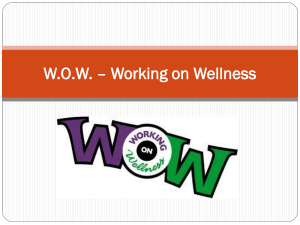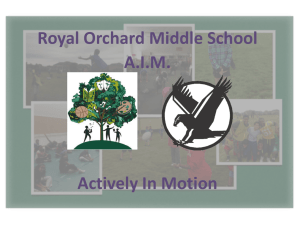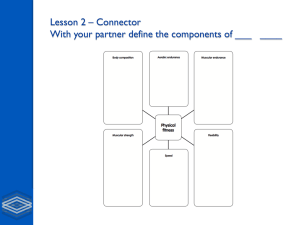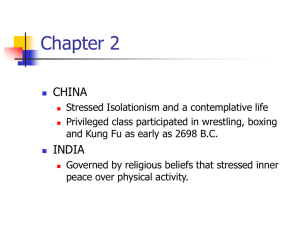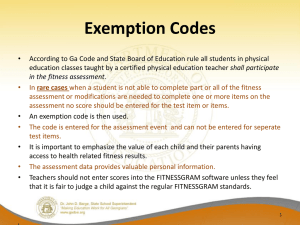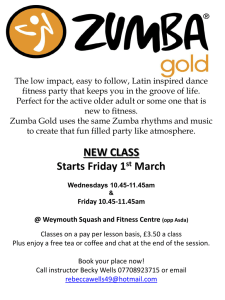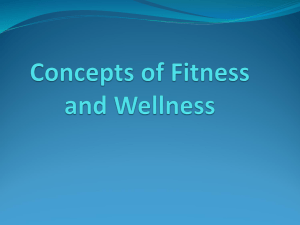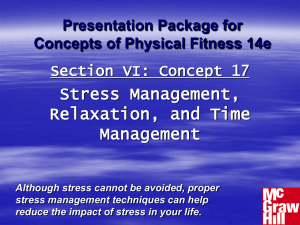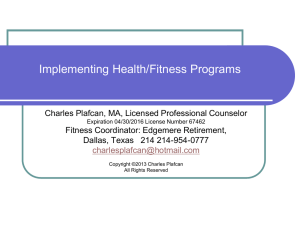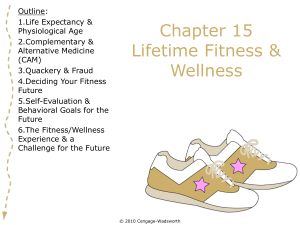PE HOTS - Saydel Community School District
advertisement
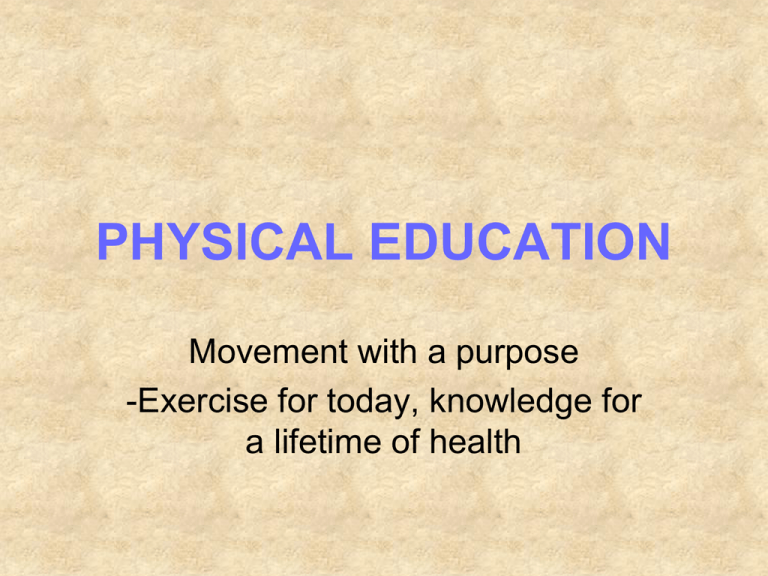
PHYSICAL EDUCATION Movement with a purpose -Exercise for today, knowledge for a lifetime of health The benefits of physical activity: “When I step onto the court, I don't have to think about anything. If I have a problem off the court, I find that after I play, my mind is clearer and I can come up with a better solution. It's like therapy. It relaxes me and allows me to solve problems.” - Michael Jordan Units of Study • • • • K-2nd grade Fitness and Wellness Principles Sport Skills Lifetime Concepts Rhythmic/Movement Expression • • • • • 3rd grade – 6th grade Teambuilding Fitness and Wellness Principles Sport skills and concepts Lifetime Concepts Rhythmic/Movement Expression Essential Questions • Essential Questions are the important and lifetime questions that will let the students know what the “big ideas” are in each area of study Fitness and Wellness Principles “Physical fitness is not only one of the most important keys to a healthy body, it is the basis of dynamic and creative intellectual activity.” ~ John F. Kennedy Fitness and Wellness Principles • K-2: Heart beat, physical effects of exercise, staying healthy, muscles, bones, breathing rate, etc. • 3-6: Health and Skill Related Fitness areas of Wellness, Pulse, F.I.T.T. principle, physical and mental benefits of exercise, target heart rate, assessing fitness, setting fitness goals, etc. Essential Questions • How does this activity benefit my personal wellness? • How is your body like a car? What do you need to do to keep it running? • What does it mean to be fit? Are you fit? • What is the most important Health related component and how does each component relate to the others? • Why should this make me continue to do this activity? • How can you make lifetime wellness fun? Sport Skills • K-2: Ball skills: catching, throwing, tossing, striking, striking into the air, volley intro., kicking, rolling, bouncing, dribbling • 3-6: Dribbling, Passing, Shooting, Catching, Concepts common in different sports Essential Questions • Why is this skill important?-sport skills • Where do you see these skills in everyday life?sport skills • What key strategies and skills are common to most sports? • How does knowing this help us choose a sport that would interest us and benefit our fitness and wellness? • Why do you need hand-eye coordination? • How is the statement true and not true- “Winning isn’t everything, it’s the only thing?” Lifetime Concepts • K-6: Force/Time/Effort, Practice, Social Skills, Group and partner situations, Creative Projects, Fitness training and concepts throughout all activities Essential Questions: • In what ways can physical activity enhance your health, provide enjoyment, challenge you, and provide for social interaction? • Why is PE part of the school day? • To what extent does appropriate practice influence performance and how does that affect your enjoyment? • Why it is important to be able to control your power and speed? • What components are needed to perform this skill, (what are the 3 main components)? Rhythmic/Movement Expression • K-6: Dance (Folk, Line, Square, Creative), Gymnastics, Movements, Traveling Essential Questions • What positive effects can this activity have on yourself and/or others? • Why is creativity in who we become and influence how successful we are? • How and what can we communicate and through the “language” of dance? • In what ways can motion evoke emotion? Teambuilding • 3-6: Group work, communication skills, team issues, building a community, group problems/challenges Essential Questions: • What does it mean to be part of a team? • What key relationships are there within a group? How must individuals in a group function to reach a common goal? • When should I talk? When should I listen? How do I know? • How can one person’s strength be another person’s weakness? How can a group overcome problems? • What role does respect play in a group activity?
